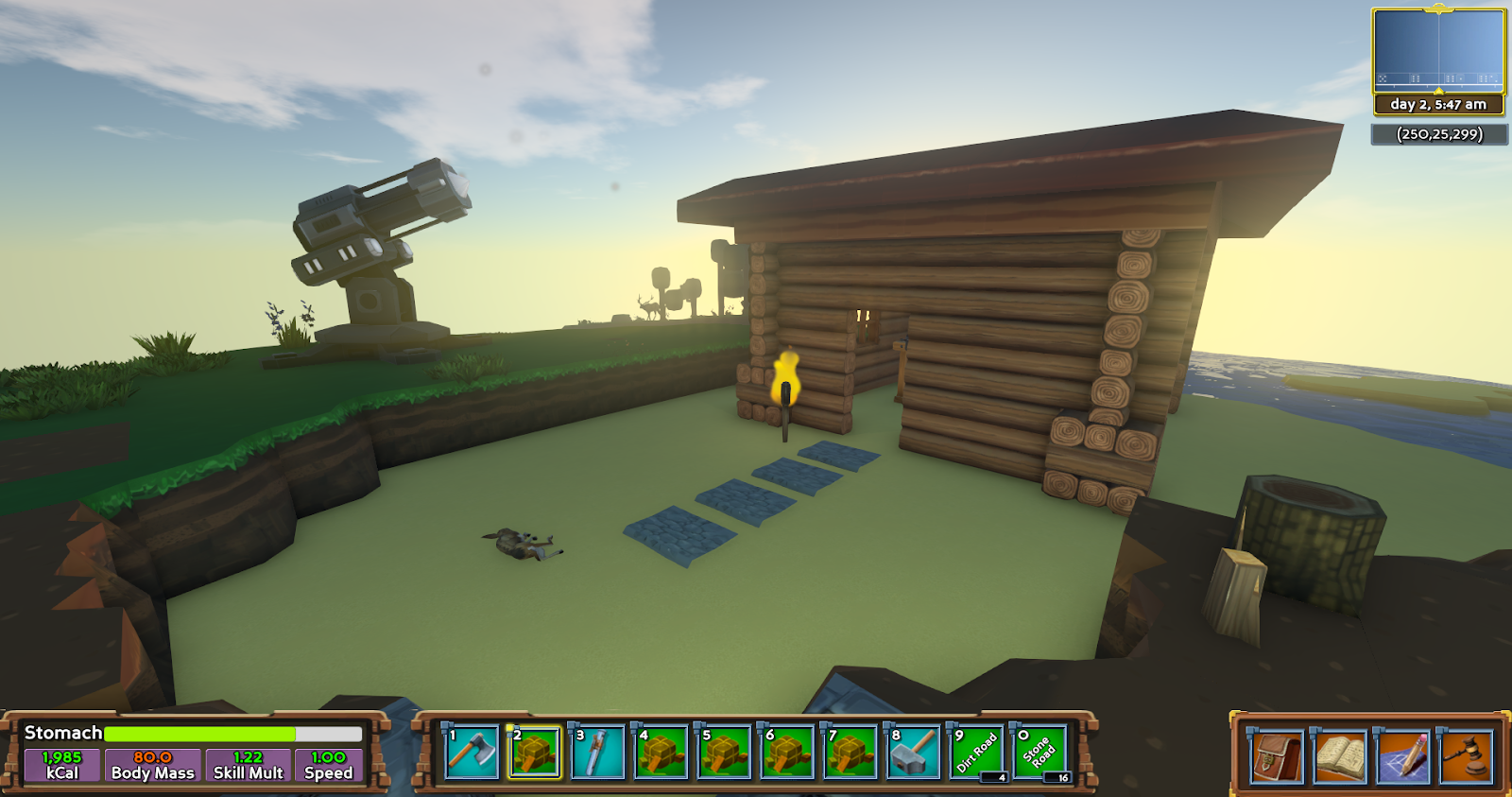
For decades, researchers have shown interest in utilizing such games to educate the public about sustainability issues (e.g., Sandbrook et al., 2015 Waddington and Fennewald, 2018). Aside from their use in entertainment ( Sweetser and Wyeth, 2005), videogames are also used in education as so-called serious games ( Wouters et al., 2013).

Videogames represent one of the fastest growing media trends, with an estimation of 2.5 billion people playing them globally ( WEPC, 2018).

The findings indicate that Eco is a viable tool for promoting some aspects of environmental consciousness about ecosystems, and suggestions for future implementation of Eco are provided. Qualitative data from seven respondents were subjected to a thematic analysis, revealing two main themes that highlight both game-based learning outcomes as well as barriers against learning. This study examined the educational potential of the digital simulated ecosystem known as Eco, in order to reveal how playing Eco might promote environmental consciousness surrounding ecosystems. Sustainability education has also become a subject of interest among environmentally minded game developers and understanding the educational impact of such games is rapidly becoming an important field. Research into the use of videogames in education is on the rise, and they are cementing their position as part of the modernized, digital classroom.



 0 kommentar(er)
0 kommentar(er)
